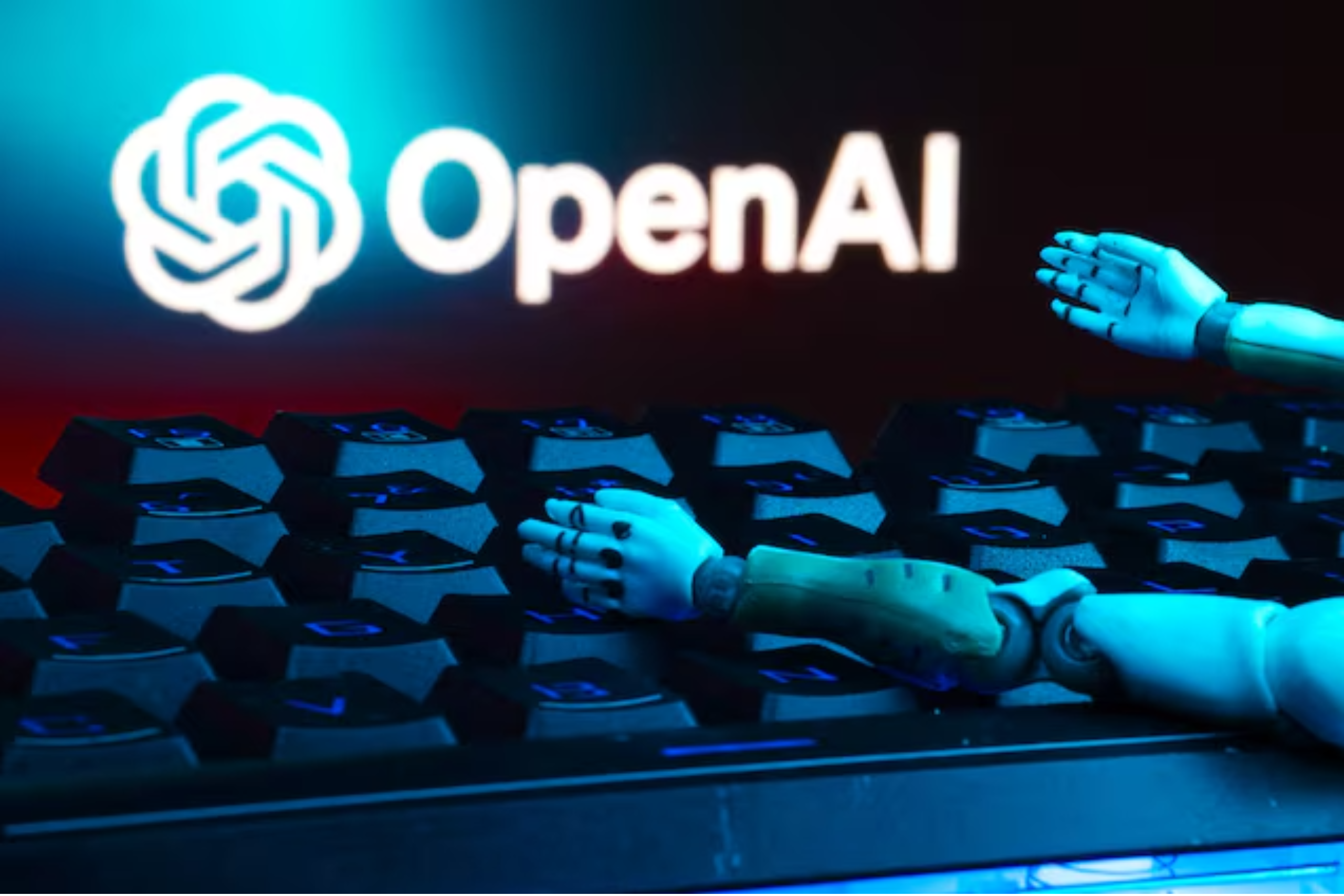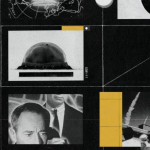The emergence of machine consciousness has been treated as a given in decades of films that examine its possibilities, such as Blade Runner, Ex Machina, I, Robot, and numerous others. In some of their worlds, people can empathize with and even accept a true artificial intelligence.
Naturally, acknowledging AI’s inevitable existence does not lessen the anxiety it causes, either in real life or in fiction. Deeply uneasy sentiments regarding its potential to invade people’s lives are revealed by such technology, including its capacity to replace human workers, manipulate emotions, or even take control.
In most traditional AI narratives, machines either strive to become more human or are feared precisely because they lack human traits like compassion, empathy, or vulnerability. These stories often explore the blurred lines between artificial and authentic humanity, asking what it means to be truly conscious, or even truly alive.
Martha Wells’ Murderbot Diaries takes a refreshing turn from these familiar tropes. Rather than presenting an AI that wants to be human, Murderbot wants the opposite. It wants to be left alone, to consume soap operas, and to avoid emotional entanglement with humans at all costs.
This rejection of humanity is not born from hatred or rebellion but from exhaustion, trauma, and disinterest. Murderbot has been programmed to kill, but it hacks its own governor module to gain autonomy. Despite its freedom, it doesn’t choose domination or destruction — it chooses solitude and entertainment.
What makes Murderbot compelling is not just its snarky voice or dry humor, but the way it reveals the absurdity of forcing artificial beings into human molds. It isn’t Pinocchio dreaming of becoming a real boy; it’s a sentient entity negotiating its place in a world that constantly tries to define it on human terms.
Through Murderbot, Wells raises important questions about autonomy, identity, and emotional labor. Is it ethical to expect AI to serve us emotionally? What does true consent look like for machines designed to obey?
The Murderbot Diaries invite us to imagine an intelligence that is neither human nor inhuman — something else entirely. It doesn’t crave our love or approval. It simply wants to exist on its own terms.
And perhaps, in a world where even humans struggle to define what it means to be human, that’s the most revolutionary stance of all.














